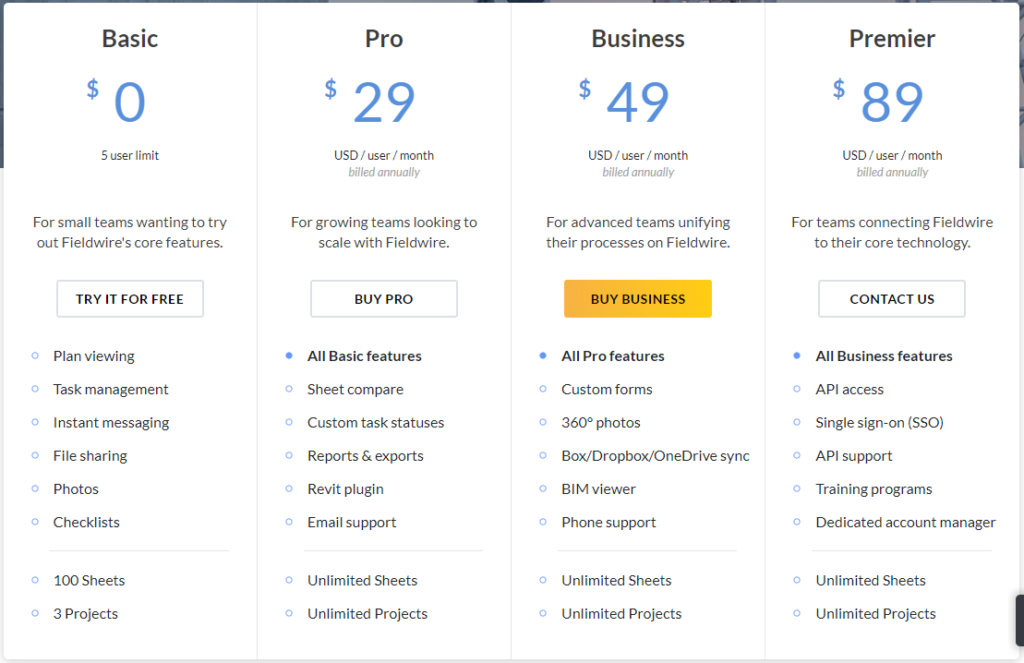The housing market has been on a tear for the past few years, with home prices rising at record rates. This has led to concerns that a housing bubble may be forming, and that a bubble pop could be on the horizon in 2023 or 2024.
There are a few factors that could contribute to a housing bubble. First, home prices have been rising much faster than incomes, making it more difficult for people to afford to buy a home. Second, there is a shortage of homes for sale, which is driving up prices. Third, interest rates are still relatively low, which is making it more affordable to borrow money to buy a home.
However, there are also some factors that could help to prevent a housing bubble pop. First, lending standards are much tighter than they were in the lead-up to the 2008 housing crisis. This means that borrowers are less likely to default on their mortgages. Second, there is a strong demand for housing from millennials, who are now the largest generation in the United States.
So, what is the likelihood of a housing bubble pop in 2023 or 2024? It is difficult to say for sure. However, there are some factors that could contribute to a bubble, such as rising home prices, low inventory, and low interest rates. However, there are also some factors that could help to prevent a bubble pop, such as tight lending standards and strong demand from millennials.
Here are some things to watch for in the coming months and years to assess the likelihood of a housing bubble pop:
- Home price growth: If home prices continue to rise at a rapid pace, this could be a sign that a bubble is forming.
- Inventory levels: If the number of homes for sale remains low, this could also drive up prices and increase the risk of a bubble.
- Interest rates: If interest rates rise significantly, this could make it more difficult for people to afford to buy a home and could lead to a decline in demand.
- Economic conditions: If the economy were to enter a recession, this could also lead to a decline in demand for housing and a decrease in prices. If you are thinking about buying a home in the next few years, it is important to be aware of the risks of a housing bubble pop. One way to mitigate your risk is to buy a home that you can afford, even if prices were to decline. You should also consider making a larger down payment, so that you have less equity to lose if prices do go down.
It is also important to remember that the housing market is cyclical. There will be times when prices are rising and times when they are falling. If you are buying a home for the long term, you should not be too concerned about short-term fluctuations in prices.


